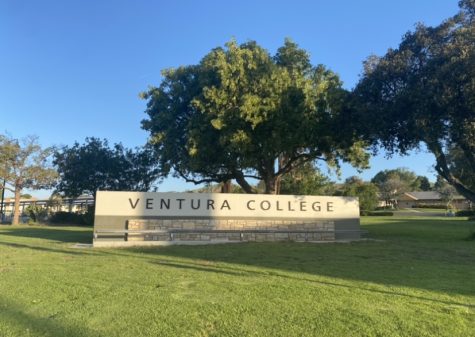What options do students have after high school?
May 26, 2023
There are several different options for students’ futures
As seniors begin receiving their college decisions, juniors can keep in mind the different options after graduating high school. The following four options are possibilities one may keep in mind while looking at their possibilities for the next step after high school.
Trade School
Trade schools teach skills easily applied to blue-collar jobs. If one is looking for job-specific skills, trade school may be the better route. They revolve around specific occupations such as cosmetology, construction, manufacturing, emergency services, informational sciences and many more. Trade school is ideal for students with clear career paths in mind. As once established in a field of study, there isn’t much grace to change one’s mind.
College and career counselor Patrica Roberts said, “For some it could be a really good fit, but often trade schools are really expensive and typically they have very low graduation rates. Most of the time those trade schools have programs that can be found at community colleges that are much more affordable. However, there are some trade schools that have a real niche. They are one of the few places that offer a particular trade, so in that case it might be worth it. There are many statistics to look at, like graduation rate, cost [and] stuff like that. One thing I have been recently promoting to students is government aided programs. Job Core is a federal program that gives training that is free, depending on the trade you want to pursue, there are 82 options and you can select the one that works for you.”
College out of the country
Skyrocketing tuition costs in the U.S. lead many students to turn to other options. Some are very far away from home. Europe and Canada are all unique places to visit and possibly even live. Applications to foreign colleges have nearly doubled in the last few years. Tuitions spanning from $20,000 to $80,000 in the U.S. are cheaper in other countries, a seemingly positive aspect. However, plane ticket costs are important to take into account, as, on average, a flight from Europe to the U.S. costs around $200 one-way. College in Canada ranges from $7,000 to $8,000. European college tuition averages $10,000, whereas in the U.S.. it averages $35,000.
Military
Joining the military is also an option. Army Sergeant Jordan Rojales said, “We definitely push education being in the military. We have many [educational] benefits including tuition assistance while you are serving, [and] our GI bill so after you serve, college is paid for. We also have a reserved program, so you can do part-time military while also attending school. Education is huge for us. If you go the military route you get the experience, and you get the skill sets required after you graduate college, and you are just more competitive overall.”
The military provides alternative routes to the price of college tuition. After attending the military for four years, one’s college tuition is essentially free. Often military recruiters visit VHS to advocate for the benefits of enrolling in the military right after high school.
Community College

Community colleges offer educational opportunities not only for lower-income students or first-generation students but for everyone. Universities have become increasingly expensive, and community colleges offer a less expensive alternative to education. Community college is affordable and offers the opportunity to transfer to a four-year university after two years for a lesser cost and a higher acceptance rate for a university. Roberts said, “[Community College] does also give you a chance to explore what you really want to do and take some classes and figure out a major, and where would be a good fit to transfer too, and have more time to figure that out. There are definitely benefits where the stress [of applications] is concerned.”
Options after high school are plentiful and depend heavily on the future one visualizes for oneself, universities, community college, the military, out of the country colleges and trade school are all possible options.








![Lindsay Guzik, new assistant principal said, "I am settling in [at VHS] pretty well. I know a lot of the students, so that makes it a little bit easier coming from Cabrillo, and it's been nice to see them all grown up." Photo by: Abraham Kassa](https://thecougarpress.org/wp-content/uploads/2025/09/IMG_9728-300x200.jpg)
